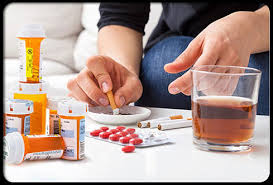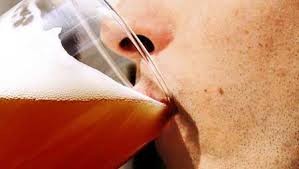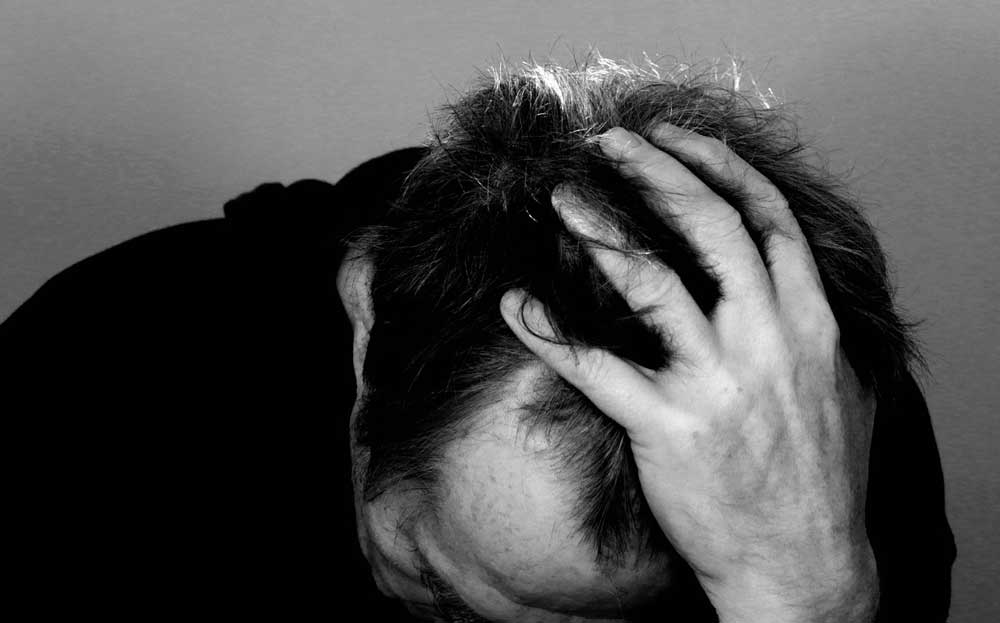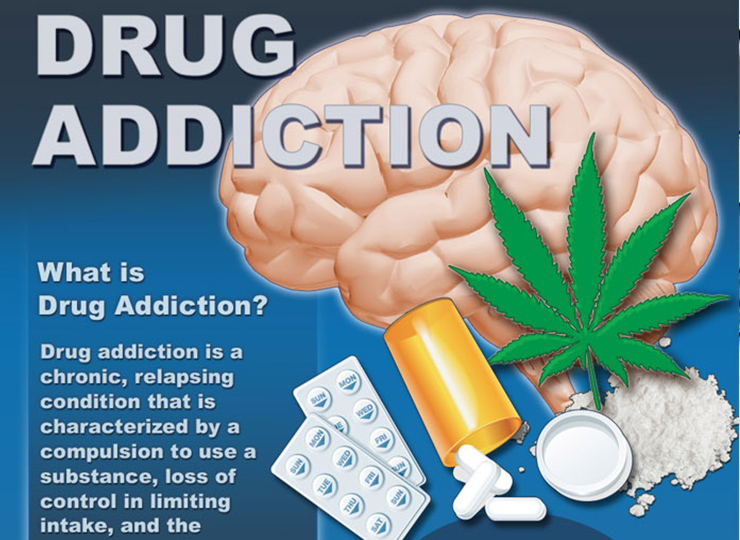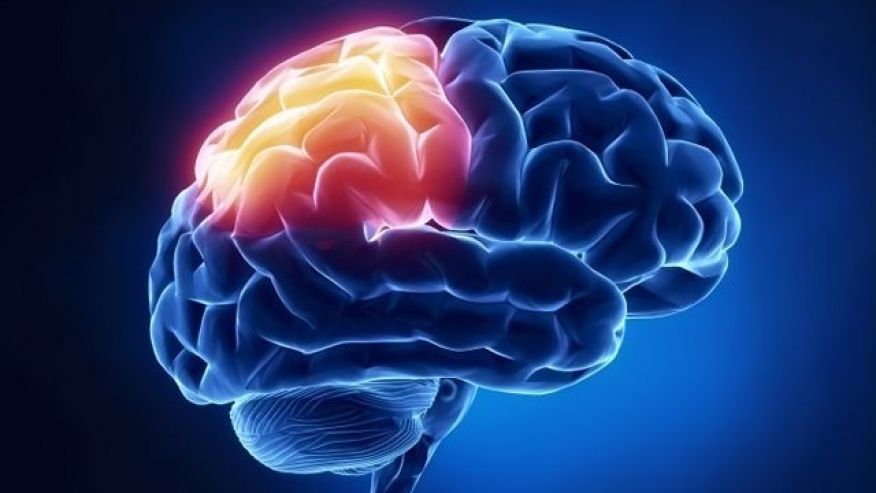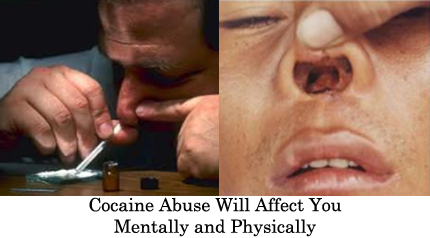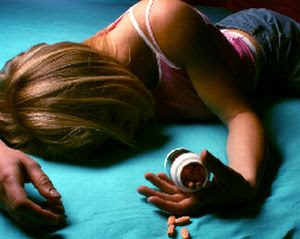Therapeutically supervised opiate detox

Therapeutically supervised opiate detox is essential for real wellness
Therapeutically supervised opiate detox: Inpatient and outpatient
Opiate addiction is difficult to deal with because of the extreme physical withdrawal symptoms associated with it. Opiates or painkillers can be natural or synthetic. Drugs like heroin, Fentanyl, Hydrocodone, morphine, OxyContin, and opium are types of opiates. The dangers of using opiate are that when a person becomes physically addicted to an opiate they must constantly use that opiate repeatedly to avoid the experience of withdrawal symptoms. These symptoms begin slowly in the form of agitation, anxiety, running nose, sweating and yawning but eventually they become much more intense. The later stages of opiate withdrawal include extreme hot and cold sweats, nausea and vomiting, intense muscle cramping, diarrhea and acute insomnia. That is why medically and therapeutically supervised opiate detox is essential as a strategy of finding a permanent solution.
Opiate withdrawal is painful and can last for several long, agonizing days. It is often the fear of this painful withdrawal process that keeps most addicts to continue using opiates for many years past the point where they wish to stop. In amidst all these seeking for a lasting solution from the experts of addiction then becomes very necessary, and that is why the experts at AWAREmed Health and Wellness Resource Center under the able leadership of doctor Dalal Akoury are coming on board to help us understand some possible ways of lasting solutions. We have actually talked about treatment of addiction before and today we want to compare and contrast this by looking at inpatient versus outpatient medically supervised opiate detox as we progress into the discussion.
Therapeutically supervised opiate detox: Opiate withdrawal
According to the experts at AWAREmed Health and Wellness Resource Center opiate withdrawal may not be lethal on its own unless the user is mixing together with other drugs while getting high or when they attempt to go through the withdrawal process all by themselves using medications and drugs on their own. Doctor Akoury is registering that the danger of opiate withdrawal is that it makes the addict feel like they want to die. It, therefore, means that in order to safely withdrawal a person from an opiate addiction, a medically supervised detox will be very necessary. This will involve using medication to take a patient from an opioid-dependent state to an opioid-free state under the care and direction of a medical professional with experience in conducting medical detoxification process. Ideally, medications used during a medically supervised detox protocol would be buprenorphine or Suboxone.
These drugs treat the withdrawal symptoms of opiate addiction. Additional medications such as Clonidine may be used to help stabilize blood pressure, and over the counter, drugs are often utilized to deal with the headaches, diarrhea, and nausea. There are two ways a person can receive a medically supervised opiate detox. It can either be done Inpatient or outpatient detox. These are fundamental medications options we have and we are going address them in detail in our next posting. In the meantime, you may want to consult with doctor Dalal Akoury about any concern you may have on this worthy topic and she will address them professionally.
Therapeutically supervised opiate detox: Inpatient and outpatient

